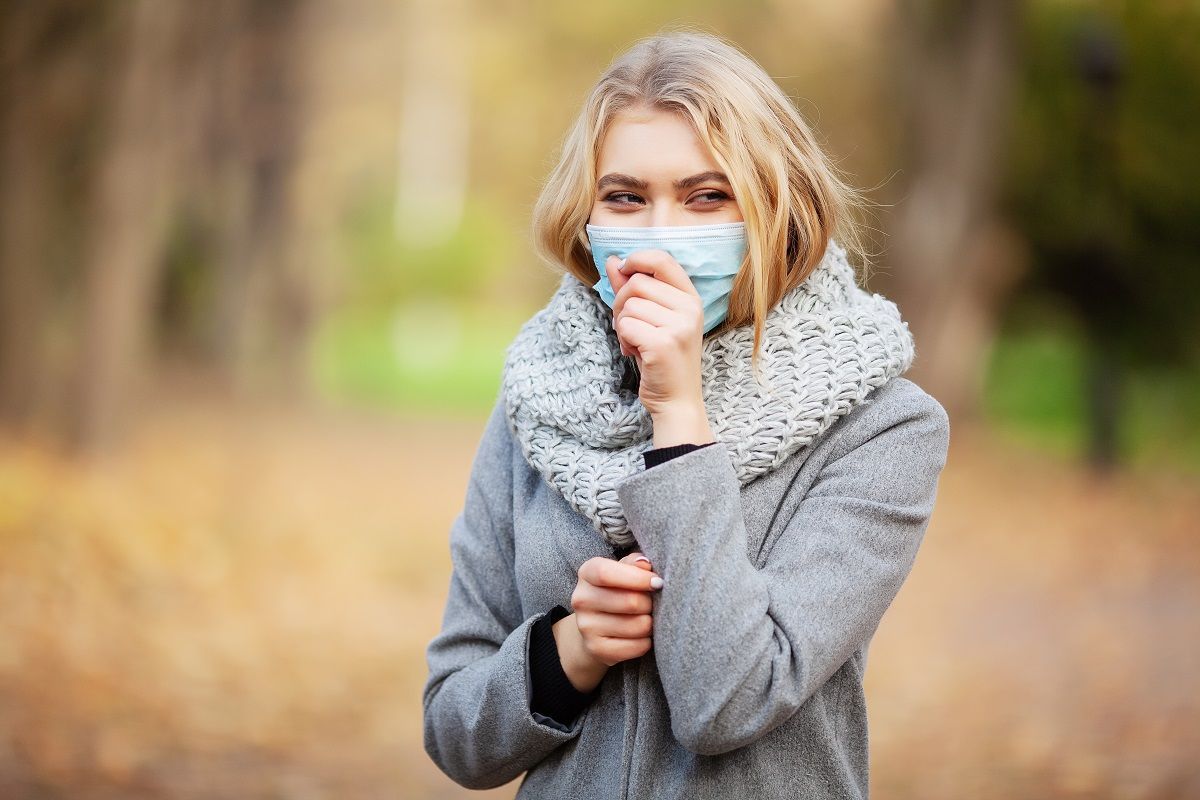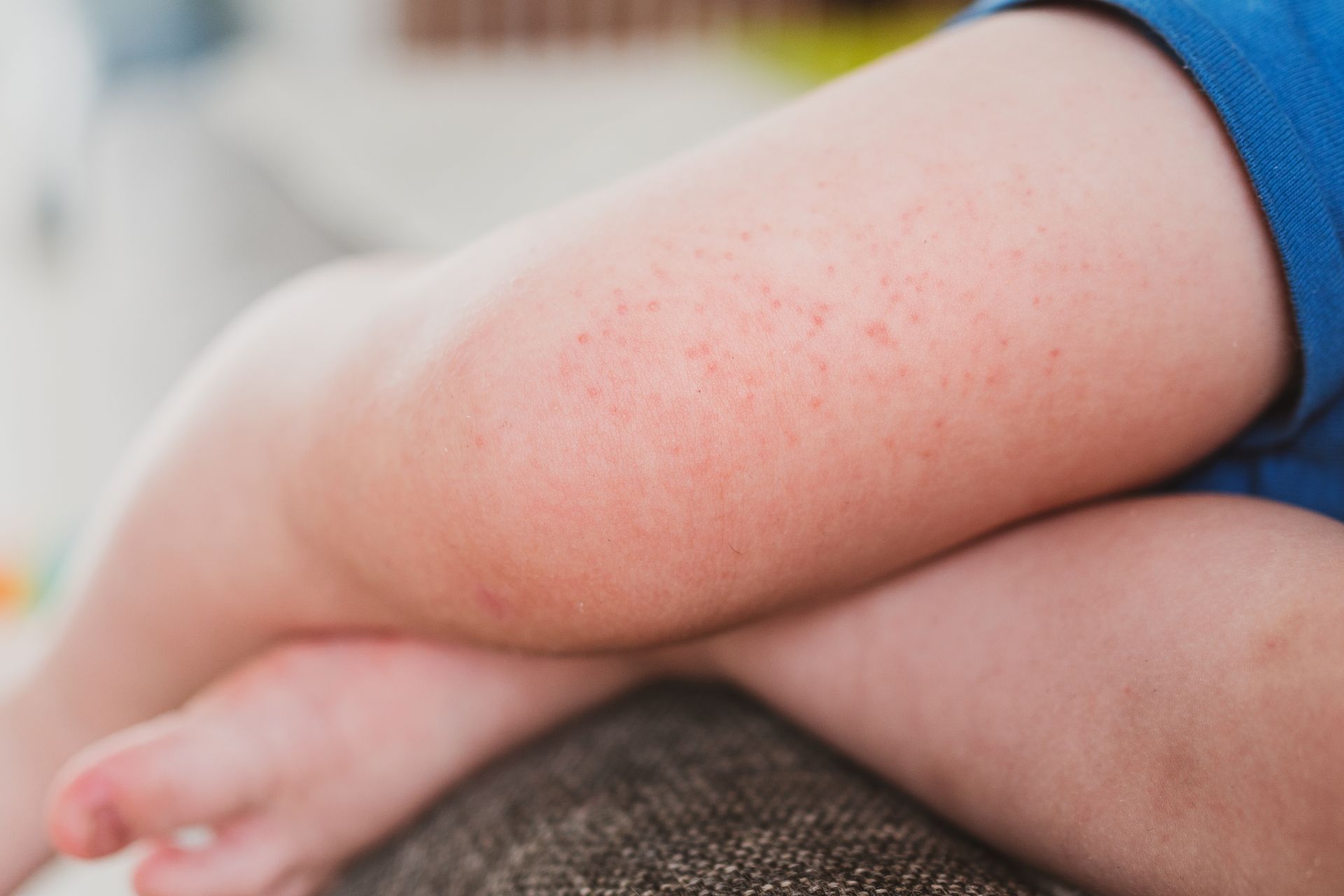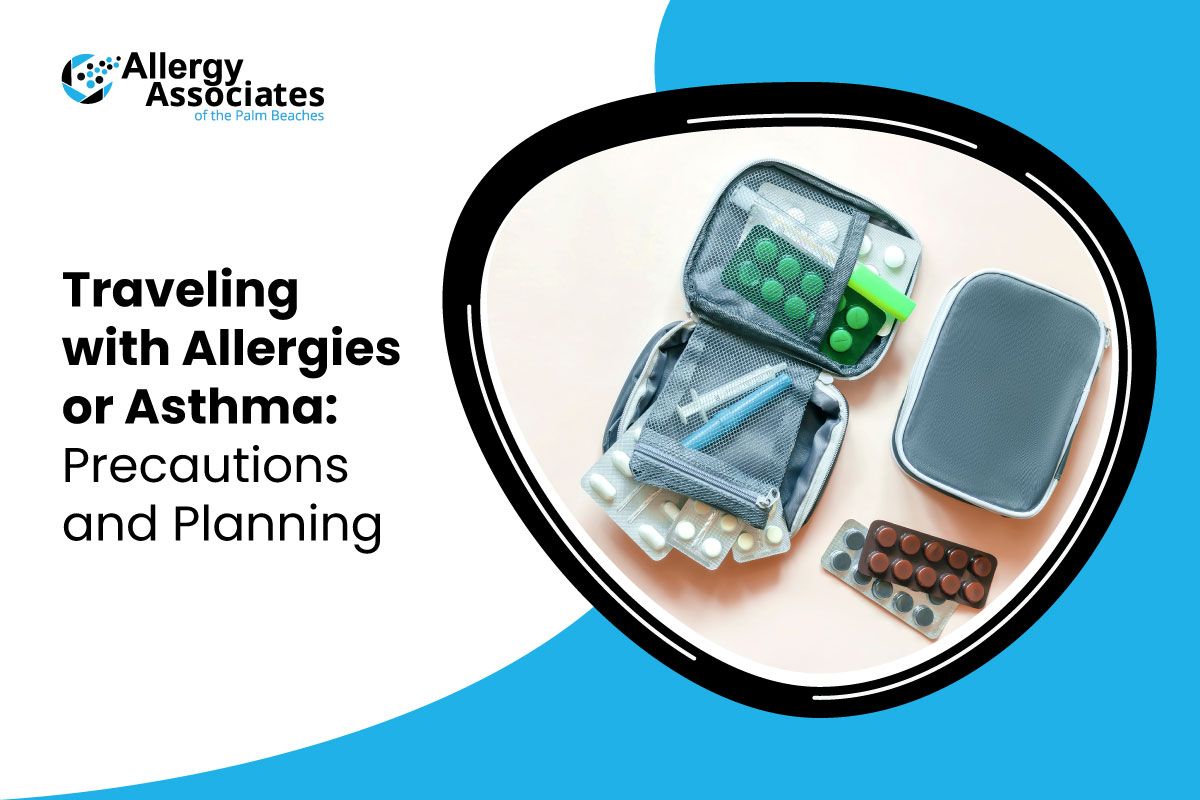
As winter settles in and the air turns crisp, many eagerly anticipate the holiday season and the promise of cozy nights by the fire. But for some, this time of year brings a peculiar set of symptoms that can leave them wondering, "Is it cedar allergy or a cold?" The resemblance between these two conditions is striking, making it challenging to pinpoint the culprit behind those bothersome sniffles and sneezes.
To help you better understand your symptoms and seek the proper treatment, here are the critical differences between cedar allergies and colds:
The Culprit: Cedar Allergy
Cedar allergies, also known as cedar fever, are a common affliction for many people, especially in regions with abundant cedar trees. The primary culprit is the pollen released by cedar trees, primarily the Ashe juniper (Juniperus ashei). When these trees release pollen, typically from late November through December, it often triggers various allergic reactions in susceptible people.
Timing Is Everything
One of the first clues distinguishing cedar allergies from colds is the timing of the symptoms. Cedar allergies tend to strike during specific months when the trees actively release pollen, while the common cold occurs at any time of the year. So, if your symptoms flare up during the cedar pollen season, it's more likely an allergy.
Sneezing and Nasal Congestion
Sneezing is a hallmark symptom of cedar allergies. If you suddenly erupt in a series of sneezes, especially in response to outdoor exposure or specific environments, allergies are a more likely cause. Also, cedar allergies commonly present with nasal congestion, making it difficult to breathe through your nose. It also induces cedar fever and cough.
Itchy, Watery Eyes
Another telltale sign of cedar allergies is itchy, watery eyes (cedar fever eyes). The irritation may range from mild to severe, often accompanied by redness and a burning sensation. These ocular symptoms are less common in colds.
Absence of Fever
Cedar fever symptoms typically do not cause a fever. If you're experiencing a rise in body temperature, it's more likely due to an infection, such as a cold.
The Usual Suspect: The Common Cold
The common cold, often caused by a variety of viruses, is a contagious respiratory illness. It may strike any time of the year, causing specific symptoms distinguishing it from cedar allergies.
Gradual Onset
Unlike cedar allergies, which can strike suddenly, the common cold typically has a more gradual onset. You may notice symptoms building over a few days, such as a scratchy throat or a runny nose.
Sore Throat
A sore throat is often an early sign of a cold. If your throat is sore and the discomfort persists, it’s likely a cold.
Body Aches and Fatigue
Cold viruses may cause generalized body aches and fatigue, which are not typical of cedar allergies.
Fever
As mentioned earlier, a fever is not a characteristic symptom of cedar allergies. If you're running a temperature, it's more likely due to a cold.
Cedar Allergy and the Common Cold: Know the Difference
Whether you're dealing with cedar allergy or a cold, timing and specific symptoms are your allies. Remember that cedar allergies are usually seasonal, with sneezing, itchy eyes, and nasal congestion being its primary signs. On the other hand, colds strike any time and manifest gradually, with symptoms like body aches, sore throat, and fatigue, often accompanied by a fever.
If you’re having any doubts about your condition, consult a
healthcare professional. They provide a definitive diagnosis and recommend the appropriate treatment, whether antihistamines for cedar allergies or rest and fluids for a cold. Understanding the source of your symptoms will help you navigate the season confidently and ensure you're well-prepared to enjoy the winter festivities.
FAQs
- When does cedar allergy season occur?
Cedar allergy season typically occurs from late November through December, when cedar trees release large amounts of pollen. The timing may differ depending on the region and local climate.
- What are the common symptoms of cedar allergies?
Common symptoms of cedar allergies include sneezing, nasal congestion, itchy and watery eyes, coughing, and throat irritation. Some individuals may also experience fatigue and cedar allergy hives.
- How can I differentiate between cedar allergies and the common cold?
Timing is often the key to distinguishing between cedar allergies and a cold. Cedar allergies occur during the cedar pollen season and are recognizable by specific symptoms like itchy eyes, while colds can happen at any time and often involve symptoms like a sore throat and body aches.
- Are cedar allergies treatable?
Yes, cedar allergies are manageable with various treatments. Over-the-counter antihistamines, decongestants, and nasal corticosteroids can help relieve symptoms. Doctors may recommend allergy shots (immunotherapy) for severe cases.
- Can cedar allergies be prevented?
While it's challenging to prevent cedar allergies completely, they are manageable by staying indoors on high-pollen days, keeping windows shut, and using air purifiers with high-efficiency particulate air (HEPA) filters. Wearing sunglasses and avoiding outdoor activities during peak pollen times can also help.
- Are cedar allergies dangerous?
Cedar allergies are generally not dangerous but are highly uncomfortable and disruptive to daily life. Severe cases may lead to complications like sinusitis or ear infections if left untreated.
- Can cedar allergies trigger asthma?
For individuals with asthma, cedar allergies often exacerbate their symptoms and trigger asthma attacks. Those with asthma must manage their allergies effectively to minimize the risk.
- How can I get a proper diagnosis for cedar allergies?
If you suspect you have cedar allergies, consult an allergist. They perform skin or blood tests to confirm your allergy and help you develop a personalized treatment plan.
- Is cedar fever contagious?
No, cedar fever is not contagious. It is not caused by a virus or bacteria, it is an allergic reaction to an allergen produced by cedar trees. Note that while cedar fever is not contagious, some symptoms, such as coughing and sneezing, can spread germs that may cause infections.
Find Relief From Cedar Allergies and Colds With Us!
If you're searching online for "cedar symptoms," "fever with cedar fever," and "cedar flu," search no more!
Allergy Associates of the Palm Beaches is one of the most reliable treatment centers that offers quality care to people with allergies, colds, and asthma. Our board-certified allergists provide accurate diagnoses to create the best treatment plans for your needs.
If you’re seeking a trusted allergy treatment center in the Palm Beaches area, consider Allergy Associates. Control your allergies and colds the right way—with expert help.
Request your preferred appointment schedule today.
Allergy Associates of the Palm Beaches
Allergy Associates of the Palm Beaches | All Rights Reserved.










